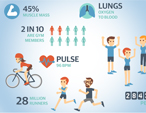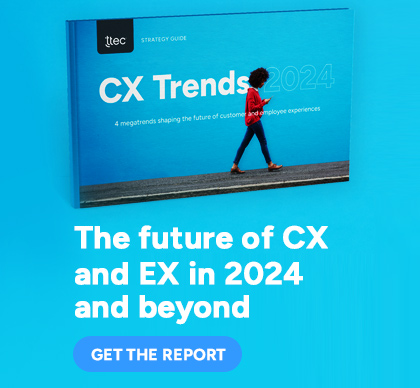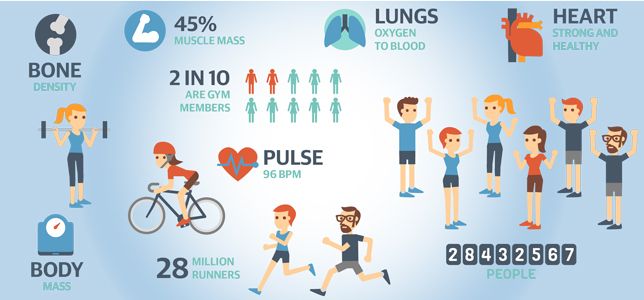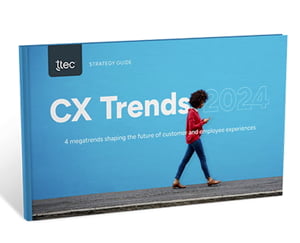The emphasis in healthcare is moving from treating people after they get sick to trying to keep them well. Healthcare providers and insurers, for example, are examining the potential of wearable devices like the Fitbit and fitness apps to provide insights into an individual’s well-being.
Wearable devices generated more than $1.6 billion in sales last year and are expected to reach $5 billion by 2016, according to Gartner. In addition, companies like Google, Apple, Samsung, and Microsoft are rolling out technology that collects biometric and other health data, which could draw in more users and grow their market share.

As more companies explore ways to collect, measure, and transmit health data to other systems, consumers may eventually be able to share this information with doctors. Combined with contextual information, data from a fitness monitor could potentially help doctors remotely monitor a patient’s health instead of waiting for that person to come in for an appointment.
In addition, there is a move towards providing more individualized care. It used to be that when physicians made a diagnosis, it was based on what they knew about a medical condition and population generalities. Today, providers and insurers are taking into account more contextual information, such as an individual’s work environment and family history. With more data, providers and insurers can supposedly arrive at more accurate estimates of whether someone is likely to develop certain medical conditions.
For example, whereas some people will die of a heart attack despite being physically fit, never smoking, etc., genetic testing and other analyses could reveal a high risk for heart disease that providers were not initially aware of.
At the same time, the healthcare industry is much slower than other industries to adopt new technologies. Technology vendors have to satisfy HIPAA regulations and a host of other criteria related to patient privacy. In addition, vendors have to prove that the data or solution provides a high accuracy rate, and clinical trials take time.
Therefore, while numerous gains are being made toward using more data to improve patient outcomes, we’re still in the early days of leveraging the data to create real results.
Also, check out the most recent issue of our e-newsletter.
Related Content:
Blog: Ten Things to Ask Yourself About Healthcare Patient Experience Technology
Blog: Three Ways Big Data Impacts the Healthcare Industry
White Paper: Technology’s Transformational Impact on the Healthcare Experience







